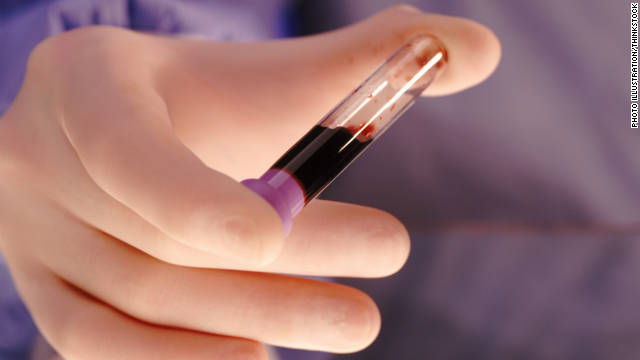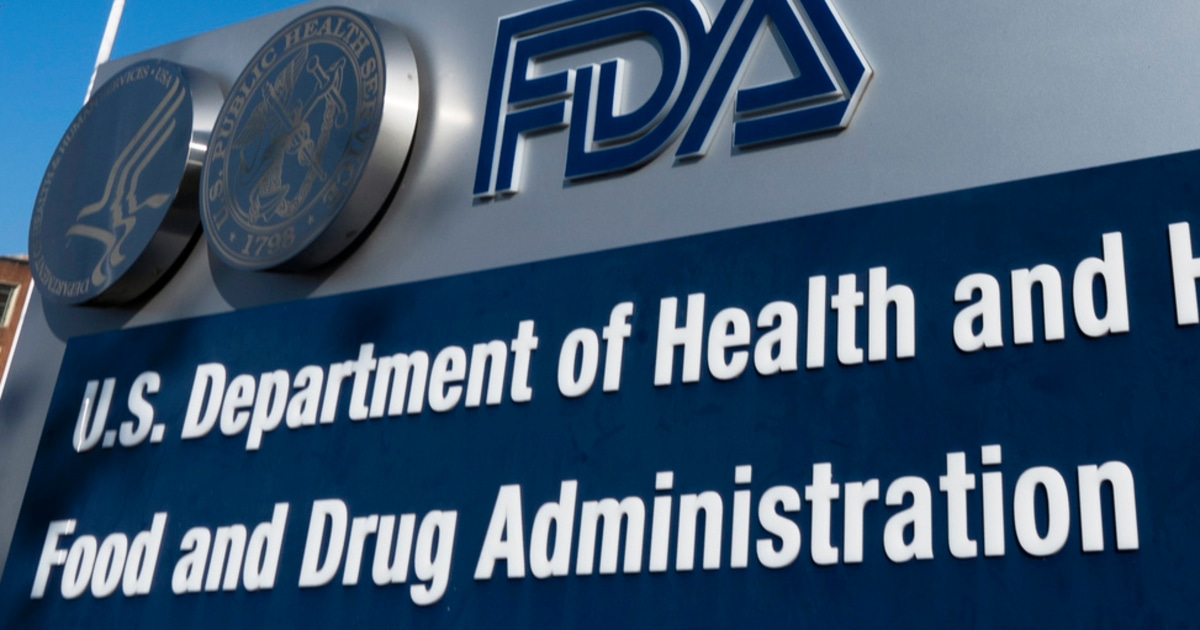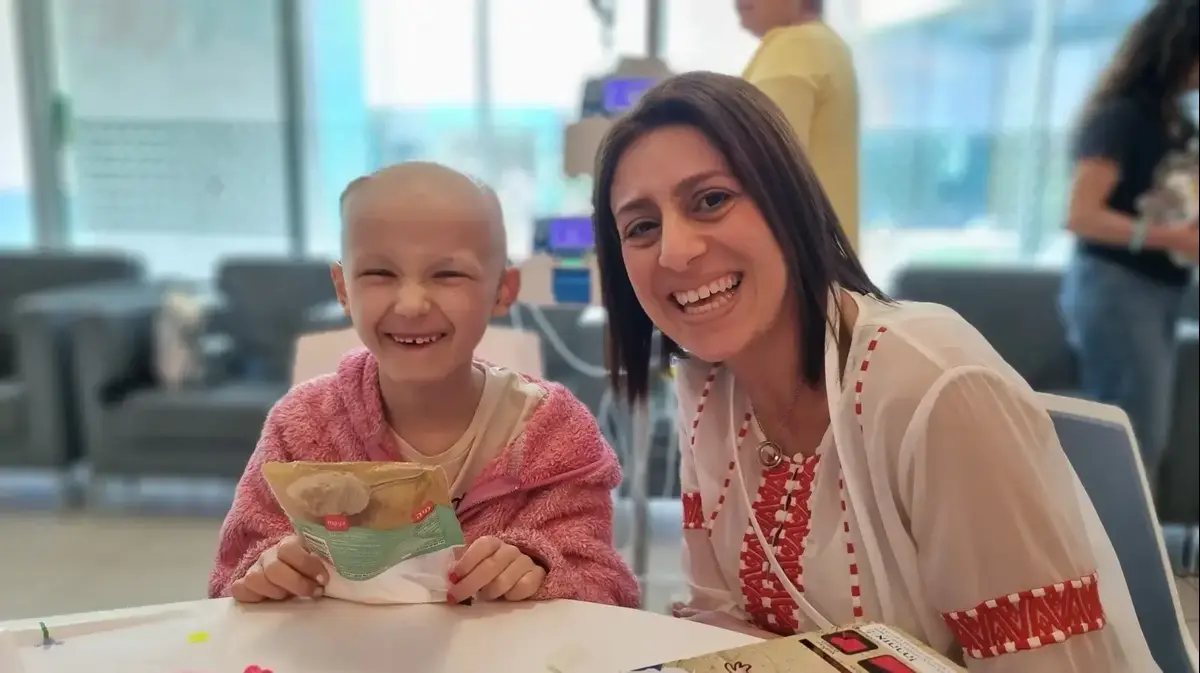Adamari López highlights the importance of checking the breasts 1:59
(CNN Spanish) --
The Pan American Health Organization (PAHO) estimates that by 2030 the number of people with new cancer diagnoses in Latin America will increase by 32%, and each year more than 5 million people will be added to those who suffer from this disease.
And for these people, technological innovation could be synonymous with hope.
Three groups of Latin American researchers have developed initiatives to contribute to the effective diagnosis and treatment of cancer, projects that may be crucial in this path of innovation.
Technology for early cancer detection
"Many times doctors are working and are fighting against this [cancer] blindly, but we have come to offer them a tool so that they can have continuous information about the patient's status, about their disease," Liza told CNN. Velarde, CEO and co-founder of Delee, a Mexican company that developed the CytoCatch technology for early cancer detection and monitoring.
"I have terminal cancer. And for this I prioritize travel"
“Having the information about what it is, what state it is in, what therapy I have to apply, when to change it or when to stop it, that is worth gold and can help save many lives.
At the end of the day, that is why we are working on it,” Velarde added.
Both Velarde and his partners and co-founders, Juan Felipe Yee and Alejandro Abarca, told CNN that they have experienced cancer very closely, so they decided to focus their technology on capturing, isolating and analyzing circulating tumor cells (CTC). —cancer cells that break away from the primary tumor and appear in the circulatory system—from the blood.
advertising
On average, about 40.5 billion cells can be found in 7.5 ml of blood, while a cancer patient can have between 1 and 1,000 CTCs in the same volume.
Source: Delee Corp.
Yee, medical director of Delee, explained that CytoCatch was born out of the current need to find new ways of testing blood to obtain more precise information in order to perform early detection and offer more efficient therapy.
"Our focus right now is to demonstrate how the technology works in prostate cancer and then expand to breast, lung and colorectal [cancer], which together these four account for 40.5% of new diagnosed cases per year. globally," said Yee.
How can you prevent cancer?
There are two approaches and several useful recommendations
“The result could be given to you in less than two days.
They could give it to you the same day, but it also depends on the workflow of the clinic and hospital,” added Yee.
For his part, Velarde indicated that with current methods the results can take between two or three weeks "and the problem with cancer is that it is a disease of time."
According to PAHO, a third of cancers can be diagnosed in early stages, which increases survival and reduces mortality, as well as treatment costs.
Yee explained that this technology also has an economic benefit, both for the health system and for the patient.
"
The disbursement of each of its parts will be much lower if the cancer is detected early.
And from there they also derive benefits to relatives, "he said.
Delee is currently in a crowdfunding campaign to start marketing his CytoCatch as a research tool.
The next thing is to conclude its clinical studies, expand them to other types of cancer and finally seek accreditation from the US Food and Drug Administration (FDA) so that this technology can begin to be used. clinical form.
a diagnostic kit
In the south of the American continent, the group from the Laboratory of Molecular Oncology and New Therapeutic Targets of the Institute of Biology and Experimental Medicine in Buenos Aires, Argentina, created Onco-liq, a diagnostic kit for the early detection of prostate and breast cancer .
Prostate cancer is diagnosed more frequently in men in Latin America and the Caribbean, and breast cancer in women, according to figures from the World Cancer Observatory (OGC).
In an interview on Cancer Fund's The Lowdown on Cancer program, Dr. Marina Simian, one of the co-founders of Onco-liq, explained that the innovation behind Onco-liq is that through a blood sample, that could be incorporated into the patient's annual check-up, an early detection of cancer can be achieved.
"The main advantage of this kit is that the mi-RNAs released from the tumor into the bloodstream can be detected in the plasma of patients even when the tumor is not detectable by other methods," reads a publication within the National Library of US medicine
mi-RNA or microRNAs are small non-coding RNAs that influence various biological outcomes, and microRNAs that affect the immune system could be interesting targets for immunomodulation against cancer.
Currently, this kit is in a "pilot test" phase in a study involving 500 female volunteers with no prior diagnosis of cancer.
According to the US National Library of Medicine, the results of this pilot test would be available by August 2023.
Poison against metastasis
(Credit: PETER PARKS/AFP/Getty Images)
Injecting someone with poison can have harmful side effects. However, a group of researchers from the National Autonomous University of Mexico (UNAM) created a compound with scorpion venom capable of preventing metastasis, which is when abnormal cells multiply "beyond their usual limits" so they can invade adjacent parts of the body or spread to other organs.
Federico del Río Portilla, a researcher at the Institute of Chemistry, explained in the Gaceta UNAM that the compound does not eliminate cancer cells, but it does prevent invasion, which is important to keep cancer under control.
"What the drug does is contain it to give other molecules time to prepare and defeat the enemy, that's what it does, it's a containment drug," Portilla said in the university bulletin.
Throughout history, scientists have experimented with the venom of animals, such as snakes, bees, and scorpions, to stop the growth of cancer cells.
However, although ample evidence has been found on its therapeutic potentials in the treatment of cancer, more research is still needed.
Cancer











